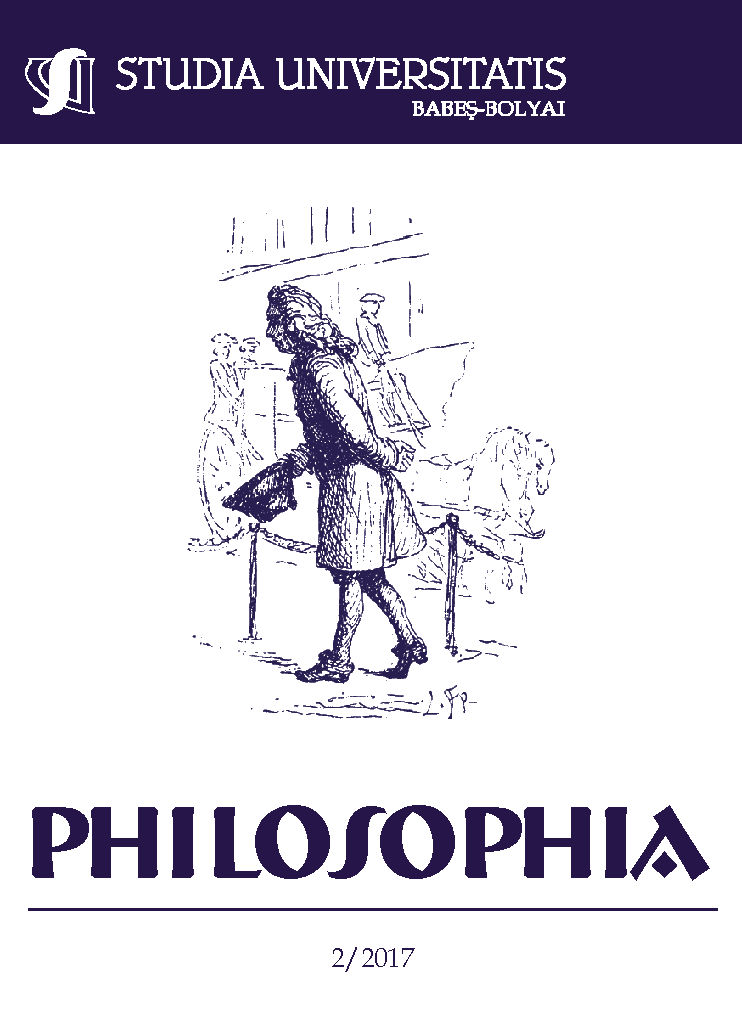SARTRE’S VIOLENT MAN AS A GNOSTIC NIHILIST
DOI:
https://doi.org/10.24193/subbphil.2017.2.01Keywords:
destruction, freedom, transcendence, facticity, Gnosticism, nihilism, existentialismAbstract
Sartre’s description of violence from his often-neglected Notebooks for an Ethics can be analyzed from a psychological point of view in relationship with other negative passions like hatred, fury, pain and sufferance. Literary characters such as Seneca’s Medea or Anouilh’s Antigone seem to embody this fundamental characteristic of violence: the alliance with an ontological striving for destruction. In this paper we provide an interpretation of the Sartrean portrait of the violent man, analyzing its connections with his existential doctrine from Being and Nothingness, and its affinity with modern nihilism (Nietzsche and Cioran) and Gnostic dualism (Catharism and Manicheanism).
Downloads
Published
How to Cite
Issue
Section
License
Copyright (c) 2017 Studia Universitatis Babeș-Bolyai Philosophia

This work is licensed under a Creative Commons Attribution-NonCommercial-NoDerivatives 4.0 International License.





